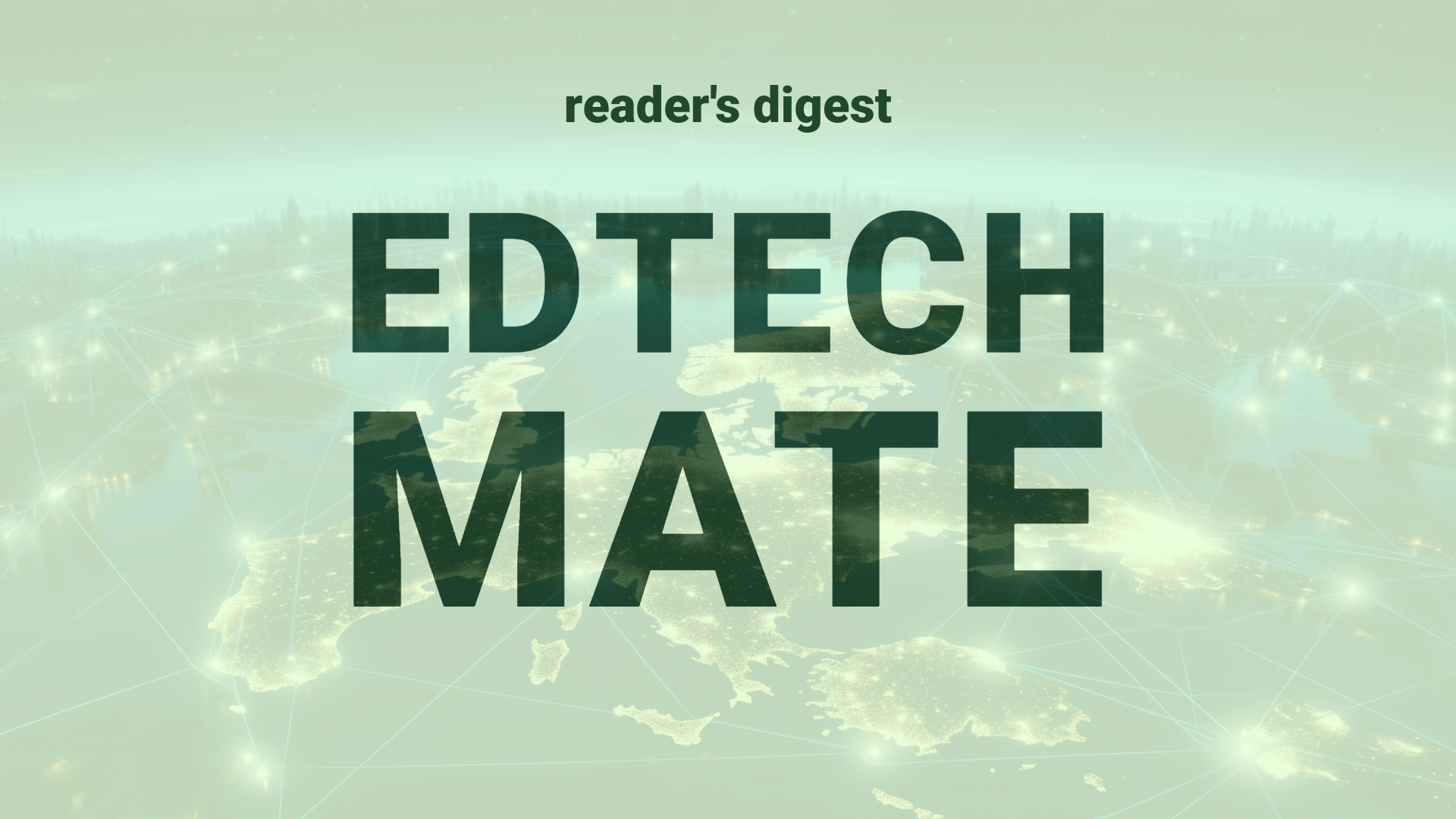Executive Summary and Main Points
The excerpt illustrates a crucial synergy between technological advancements like AI, cloud computing, and IoT with sustainability goals within the construction and energy sectors. In particular, it examines Sustainable Digital Trailblazers leading the way towards carbon-neutral goals. It highlights the application of digital transformation strategies—underpinned by AI and machine learning—to improve energy resilience and promote sustainable solutions, emphasizing the importance of aligning AI-powered initiatives with environmental sustainability to mitigate substantial carbon and water footprints associated with large data centers and AI model training.
Potential Impact in the Education Sector
In the context of Further and Higher Education, the discussed trends stress the importance of integrating sustainability into the curriculum and research agendas, encouraging institutions to leverage AI and analytics to optimize campus energy efficiency and reduce carbon footprints. Micro-credentialing could incorporate sustainable technology competencies, bridging skill gaps in environmentally responsible AI application. Strategic partnerships between educational institutions and tech companies focusing on sustainability can further catalyze this transformation.
Potential Applicability in the Education Sector
The convergence of AI and sustainability opens avenues for innovation in global education systems. AI can be utilized to develop more efficient building management systems, ensuring energy-optimized campuses. Similarly, digital tools can enable smart resource management and predictive maintenance within university facilities. The integration of AI-driven analytics can propel research in environmental science, fostering a culture of sustainability across the academic ecosystem.
Criticism and Potential Shortfalls
Despite their potential, these technologies are not without their criticisms. The substantial energy and water consumption of large-scale AI models present a paradox to sustainable objectives. There is also a risk of cultural and ethical oversights, as the rush to implement high tech solutions might ignore the nuanced sustainability needs of different regions. International case studies like The Edge in Amsterdam serve to underline both the successes and the scale of investment required for such models, which may not be replicable in all contexts.
Actionable Recommendations
Education leadership can explore these technologies by first assessing the carbon footprint of their IT infrastructure and adopting carbon management solutions. Investments in AI should be balanced with sustainability goals through protocols such as the CarbonNeutral Protocol. Pilot programs could focus on using AI for campus energy management and fostering partnerships with companies providing sustainable tech solutions. Embedding sustainability within the digital transformation agenda should become a priority, looking to models such as Sustainability Digital Trailblazers as a reference point.
Source article: https://blogs.starcio.com/2023/10/ai-innovation-sustainability.html

